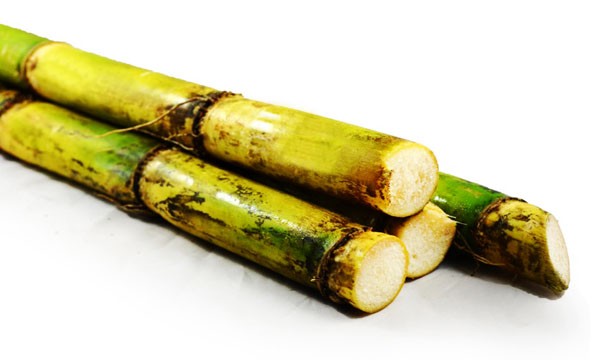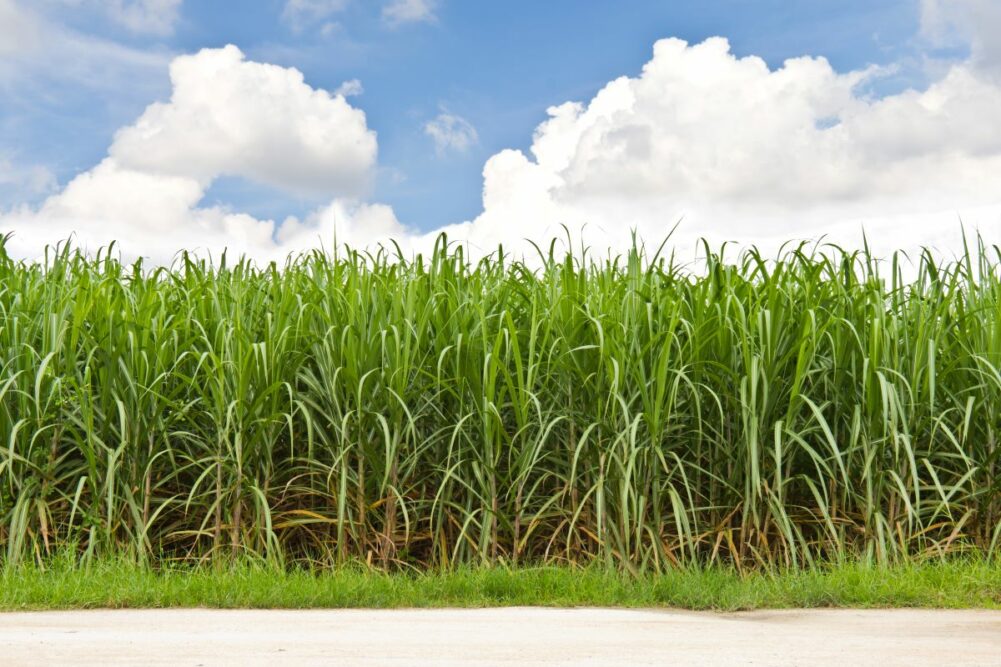Why Sugar and Cane Are Key Ingredients in Many Popular Beverages
Why Sugar and Cane Are Key Ingredients in Many Popular Beverages
Blog Article
Why Walking Cane Sugar Handling Chemicals Are Essential for Modern Sugar Refining
The duty of walking cane sugar handling chemicals in contemporary sugar refining can not be overemphasized, as they are indispensable to enhancing both the performance of extraction and the general high quality of the last product. Agents such as phosphoric acid and particular flocculants are employed to remove pollutants, causing sugar that not only satisfies consumer assumptions but additionally sticks to industry criteria. The effects of these chemicals extend beyond quality, touching upon market dynamics and ecological factors to consider. sugar and cane. This raises essential concerns concerning the sustainability of such practices and their effect on the future of sugar production.
Role of Handling Chemicals
The efficiency of walking stick sugar processing pivots dramatically on the tactical application of processing chemicals. These chemicals play a pivotal duty in enhancing the performance and top quality of sugar extraction and refining. From the first stages of juice removal to the last filtration actions, handling chemicals promote various important operations.
In the removal phase, chemicals such as phosphoric acid and calcium hydroxide are employed to enhance the clarification procedure, assisting to remove pollutants and put on hold solids from the walking cane juice. This not just boosts the yield yet likewise ensures the clarity of the end product. Additionally, agents like flocculants help in the fast settling of impurities, thus simplifying the general procedure.
Turned on carbon and ion exchange resins offer to remove color and odor, making sure that the refined sugar meets consumer top quality criteria. Hence, the meticulous selection and application of these chemicals are crucial for achieving optimum end results in walking cane sugar handling.
Trick Types of Chemicals
Cane sugar handling relies upon a range of crucial chemicals that promote each stage of production. These chemicals play necessary roles in clarifying, whitening, and cleansing the sugar removed from walking cane.
One primary classification of chemicals includes flocculants, such as polyacrylamide, which aid in the information process by advertising the aggregation and settling of impurities. Furthermore, calcium hydroxide is usually used to counteract acidity and help in the removal of non-sugar elements.
Whitening agents, such as activated carbon and sulfur dioxide, are made use of to decolorize the syrup, causing a more clear end product. These chemicals aid remove color compounds that might impact the sugar's look and marketability.
Additionally, phosphoric acid acts as a pH regulator during the handling phases, making certain ideal problems for the enzymatic activities involved in sugar removal and filtration.
Other vital representatives include edta (ethylenediaminetetraacetic acid), which chelates steel ions that could militarize undesirable reactions, and salt hydroxide, which helps in pH control throughout the refining procedure. Collectively, these chemicals boost effectiveness and make sure a top quality walking cane sugar product.
Benefits for Sugar Quality
Commonly ignored, using details processing chemicals dramatically boosts the overall high quality of walking stick sugar. These chemicals play a critical function in refining procedures, making sure that the end product fulfills strict market standards for pureness and taste.

In addition, processing chemicals assist in accomplishing a constant granulation and appearance, which are crucial for consumer acceptance. By managing the crystallization process, these chemicals make sure that the sugar crystals create consistently, resulting in an extra enticing item that dissolves well in various applications.
Additionally, the use of these chemicals can enhance the life span of walking cane sugar by lessening moisture absorption and microbial development. Generally, the tactical application of handling chemicals is necessary for supplying high-grade walking cane sugar that satisfies customer expectations and sector needs.
Environmental Impact Considerations

Moreover, the energy-intensive nature of sugar refining, intensified by chemical use, frequently leads content to raised carbon emissions. This contributes to environment adjustment and elevates concerns relating to the sustainability of current refining methods. Additionally, the sourcing of these chemicals may entail methods that intimidate biodiversity, such as monoculture farming, which decreases the durability of farming ecosystems.

To minimize these impacts, sugar refiners are progressively discovering lasting alternatives and embracing ideal methods that lessen chemical usage. Carrying out extensive ecological management systems can help make sure that the refining procedure aligns with ecological standards and promotes biodiversity. Eventually, a well balanced technique that focuses on both sugar quality and ecological stewardship is essential for the lasting viability of the sugar market.
Future Trends in Refining
As the sugar industry comes to grips with the environmental obstacles related to conventional refining methods, cutting-edge techniques are emerging to boost both efficiency and sustainability. One substantial fad is the adoption of environment-friendly chemistry concepts, which prioritize making use of safe, eco-friendly handling chemicals. This change not only lessens environmental influence but also addresses consumer demand for cleaner manufacturing approaches.
Another promising advancement is the execution of advanced filtration modern technologies, such as membrane layer splitting up and adsorption procedures. These methods enhance the clarity and high quality of the sugar while decreasing the volume of wastewater generated during refining. In addition, the integration of electronic modern technologies, including IoT and AI, is transforming functional efficiency by making it possible for real-time monitoring and anticipating upkeep, thus decreasing resource waste.
In addition, the use of spin-offs from sugar refining, such as bagasse and molasses, is gaining grip. These products can be converted into biofuels or value-added items, contributing to a round economic climate within the sector. Jointly, these patterns signal a change towards even more lasting practices that not just boost operational effectiveness but also align with worldwide sustainability goals, making certain the future viability of sugar refining.
Final Thought
Walking cane sugar handling chemicals are essential in modern-day sugar refining, substantially enhancing the efficiency and top quality published here of sugar removal. website link The strategic use of these chemicals not just enhances the purity and flavor of the final item yet also makes certain regular formation and appearance. As the market progressively focuses on sustainability, the adoption of environmentally-friendly handling agents is most likely to form future trends in refining, eventually leading to greater high quality products and extended life span for customers.

Inevitably, a well balanced technique that prioritizes both sugar quality and ecological stewardship is necessary for the long-term stability of the sugar industry.
Walking cane sugar processing chemicals are necessary in contemporary sugar refining, significantly improving the efficiency and top quality of sugar removal.
Report this page